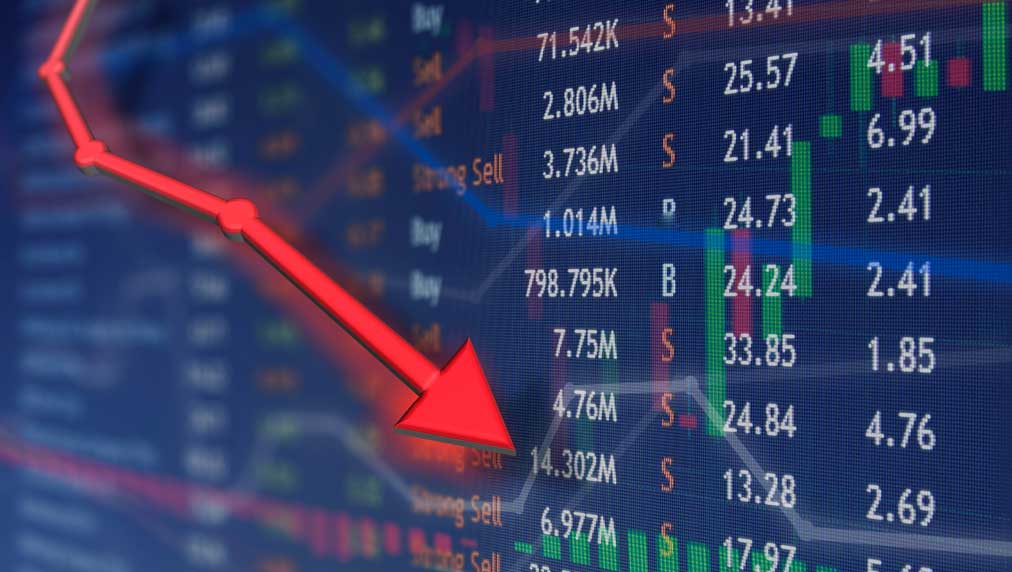US Stock Futures and Asian Markets Surge on Hope of The US Deal
- Posted on March 25, 2020
- Stock Market
- By Glory

US stock futures and the Asian stock market surged after global policymakers announced on Tuesday the economic measures to curb the economic impact of the Covid-19 on the global economy.
On Monday, US stocks ended in the red after the failure of the bill to move forward, yet stock futures jumped only after a few hours. The disagreement of the US lawmakers on the $1.7 trillion economic stimulus package created uncertainties among investors, therefore, causing stocks to close in red. As at Monday closing, the Dow (INDU) futures were up nearly 800 points, or 4.2%. S&P (SPX) futures were up nearly 4.4% while Nasdaq (COMP) futures were up 4.3%.
However, following the announcement major Asian markets jumped sharply on Tuesday with Japan’s Nikkei 225 (N225) gaining 5.5%, Hong Kong’s Hang Seng gaining 3.7%, China’s Shanghai Composite (SHCOMP) gained 1%, and South Korea’s Kospi (KOSPI) gained more than 6%. Australia’s S&P/ASX 200 wasn’t left out as it closed up 4.2%.
Other markets also indicated an improvement with oil prices rising 4% following the price fall of the 10-year Treasury bond.
The global policymakers’ decision encouraged South Korea to up its emergency financial business support to 100 trillion Korean won (approx. $80 billion). Prior to this, the US Feds on Monday announced its increased economic salvaging plan of buying three new credit facilities, unlimited bonds, and the upcoming Main Street lending program, all in an attempt to stimulate the economy amidst the Covid-19 pandemic.
After the global policymakers’ meeting, there was some hope that the US lawmakers would settle their differences and pass the $1.7 trillion economic stimulation package.
On a Tuesday note, Stephen Innes, chief global market strategist at AxiCorp wrote that “Asian investors like what they see from an all-in Fed which is being viewed in a very impressive light for both Main and Wall Street even as the US Congress dithers.”
As a means of further stimulating the US economy, the central bank is set to purchase large amounts of investments which also includes corporate bonds to boost trading housing markets. It would also allow state and local governments and businesses to borrow short-term cash to cover payroll.
Concerning the Congress’s disagreement over the nearly $2 trillion economic stimulation package, Democrats are of the opinion that the amount is too much for business bailouts only and companies are favored greatly at the expense of workers and public health.
James Knightley of ING in a report said concerning this that: “the pressure is now on Congress to get its act together and provide the support that the Fed cannot do – helping the vulnerable people who face the biggest health and economic consequences.”
“The risk is that this wall of support from the Fed and the positive reaction in the markets may give congress a sense that it has more time and the pressure to deliver a package is reduced,” he added.
As Congress continues to delay, coronavirus cases continue to rise and the uncertainties of the US economy increase.


Be the first to comment!
You must login to comment